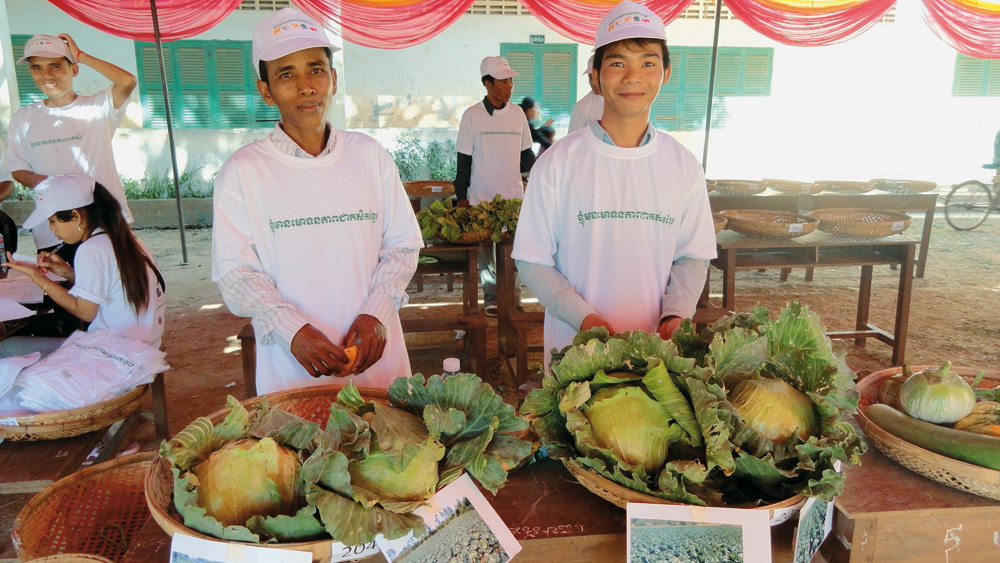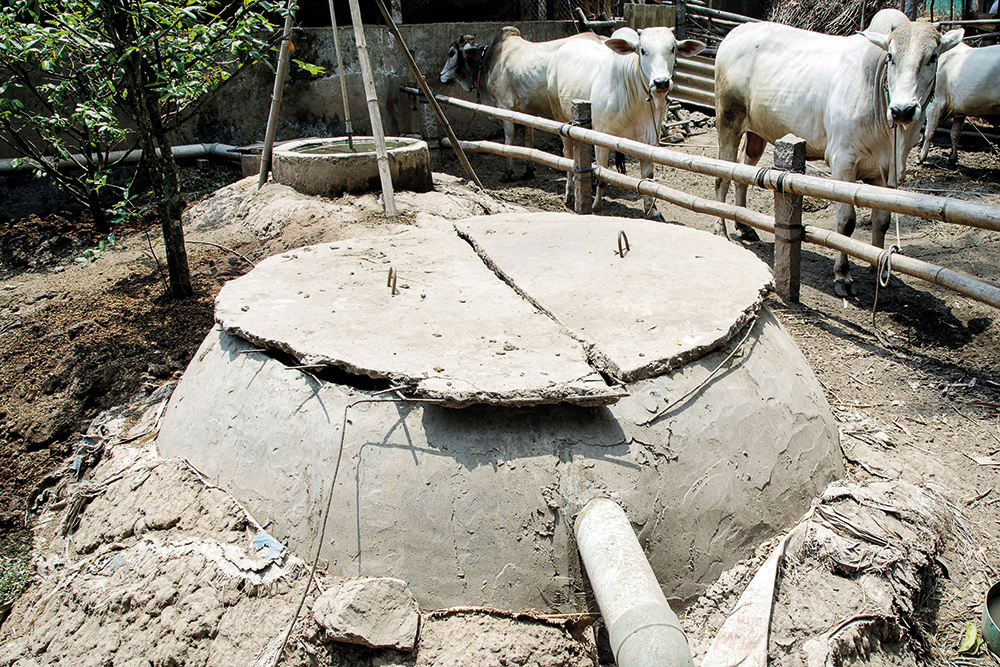DLG-Verlag was founded in 1952 as a subsidiary of DLG e.V. (Deutsche Landwirtschafts-Gesellschaft - German Agricultural Society) with its headquarter in Frankfurt/ Germany. The publishing company provides expertise for the agricultural and food sector.
With its subsidiaries Max-Eyth-Verlag and DLG-Agrofood Medien GmbH the DLG-Verlag offers books and magazines, as well as catalogs of the DLG's international DLG exhibitions.
Members:
Resources
Displaying 71 - 75 of 316Rebuilding soil natural capital
Throughout the world, demands on finite soil resources are ever increasing, and can lead to irreversible soil degradation, as the soil is used beyond its “bio-capacity”. A quarter of the inhabitated land area has already been affected by human-induced soil degradation. Against this background, soil remediaton is becoming more and more important. Focusing on the rehabilitation of oil-contaminated soil in Kuwait, the following article shows how it works, and where the problems lie
More than just a business
Family farming has many different meanings to many different people. While such farms come in all shape and sizes, one thing all practitioners agree on is that family farming is more than a business – it’s a way of life. The following article shows what constitutes this way of life, the challenges that family farms in Europe and throughout the world face and why and how the European Union supports this type of enterprise.
"We have inherited not only a piece of land, but also the responsibility to turn it into a home"
A focus edition on family farming would hardly be credible without giving the family farmers themselves an opportunity to speak. We talked to Moses Munyi, the owner of a six-hectare farm in Embu, Kenya, about his everyday life and about his views of the prospects for farming in the future.
Farmer-to-farmer knowledge exchange
Innovation takes place not only in laboratories, and disseminating knowledge need not depend on classrooms. The Cambodian GIZ project “Best Farmer 2012” is an example of how achievements of small-scale farmers can be appreciated and their co-farmers can simultaneously benefit from new insights.
“Zero pesticide” vegetables for the Indian market
In the Karnataka state of India, the First Agro farm has more than 40 varieties of vegetables on sale, all of them free of chemical residues. Both hotels and restaurants as well as more and more retailers are appreciating the range of certified products from this young enterprise.






